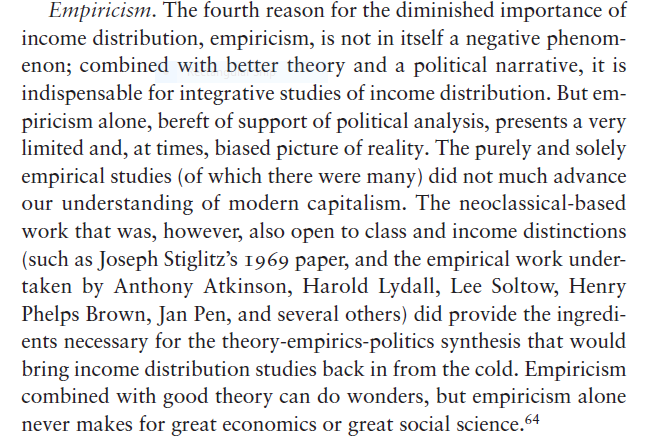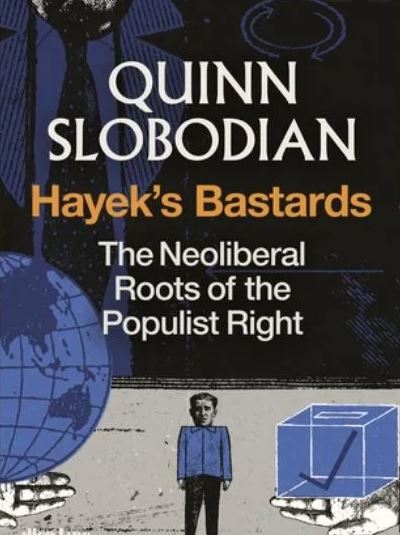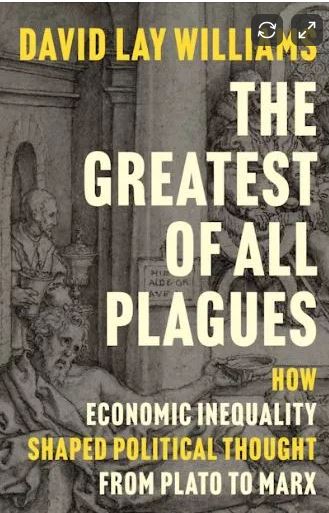Long thread.
Let's go over what may be at the origin of the current crisis: the economic depression of the early 1990s in Russia (and Ukraine).
All graphs and data are from my 1998 book which is freely downloadable here:
stonecenter.gc.cuny.edu/files/1998/02/…
Let's go over what may be at the origin of the current crisis: the economic depression of the early 1990s in Russia (and Ukraine).
All graphs and data are from my 1998 book which is freely downloadable here:
stonecenter.gc.cuny.edu/files/1998/02/…
My objective in writing the book was to document what happened to real incomes, inequality and poverty in "transition countries" in what was obviously a period of historic importance. All the relevant data for the period 1987-1995 are in my book.
Start with real GDP. The decline in Russia was 40%. This is significantly more than the decline in the US or Germany during the Great Depression. Note also that Russian depression lasted longer. (The years on x-axis are 1927-35 or 1987-95 whatever is applicable.) 

Some people say: "Oh, but the depression measured by GDP was exaggerated: queues disappeared, military output was cut etc". It is true but to a marginal extent: we find about the same real decline when we look at surveys of consumption of RUS population in 1987 & then in 1993-4.
How does that depression compare w/the past Russia's catastrophes? It was not as bad as the disaster wrought by WW1, Civil War. The industrial output in the latter case dropped to 18% of its pre-war level; in the 1990s, Russia lost "only" half of its industrial output. 

What happened to real wages? They were cut to 1/2 of their 1987 level: much worse than what happened in Poland in the 1990s, and much, much worse than in the US & Germany during the Great Depression (real wages in these two cases went up). 

But while during the Great Depression, unemployment went through the roof (note Germany with the rate of unemployment ~40% in...1932), unemployment in Russia remained manageable at <10%. But in many cases people worked without getting paid: wage arrears ballooned. 
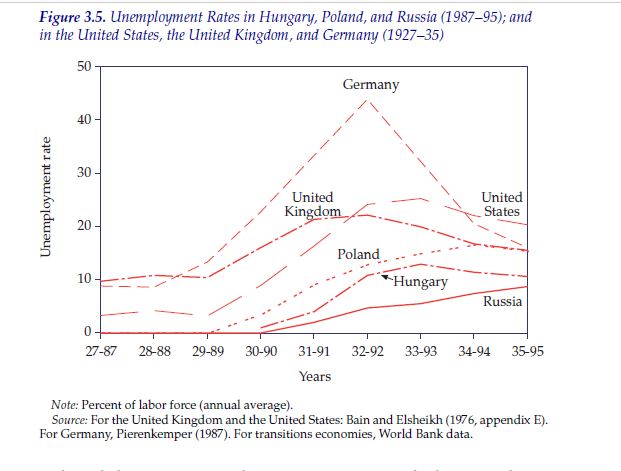
How about inequality? I divided countries into 3 groups: those where lower wages were not compensated by social transfers at all, those where they were (to some extent), and countries where transfers become much more important ("populists"). 

Russia and Ukraine were non-compensators and had by far the largest increases in inequality (on the vertical axis). Poland, Slovenia and Hungary tried to soften the blow; they had the smallest increases in Gini.
Ok, we now know: Russia's real incomes were cut by 40% and its inequality skyrocketed. If you are in the lower part of income distribution, you lose not only 40% of your income (the average), but more: perhaps 60-70% as inequality change moves against you. So poverty went "wild"! 
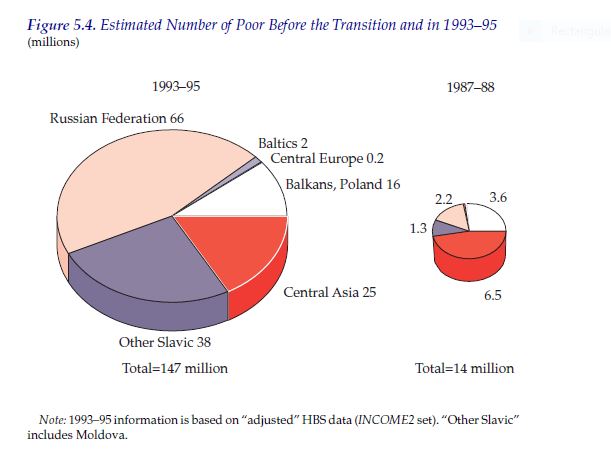
The number of people in poverty in Russia (measured by using the same poverty line of 4 international dollars) went from 2.2 million people in 1987-88 to 66 million in 1993-95; from negligible to more than 40% of the population.
It was caused by two negative devts: lower overall income & its more unequal distribution. Here we decompose the two effects: the dark red shows the effect of lower incomes; light red, higher inequality. Compare Poland and Russia.
In Poland, poverty increase was at first driven by lower incomes only; higher inequality began to matter only when growth resumed (dark red area is shrinking after 1993). 

But in Russia both lower incomes and higher inequality went together: both areas expand continuously after 1991. It could not have been worse. 

I hope you have enjoyed this modest knowledge refresher.
• • •
Missing some Tweet in this thread? You can try to
force a refresh


